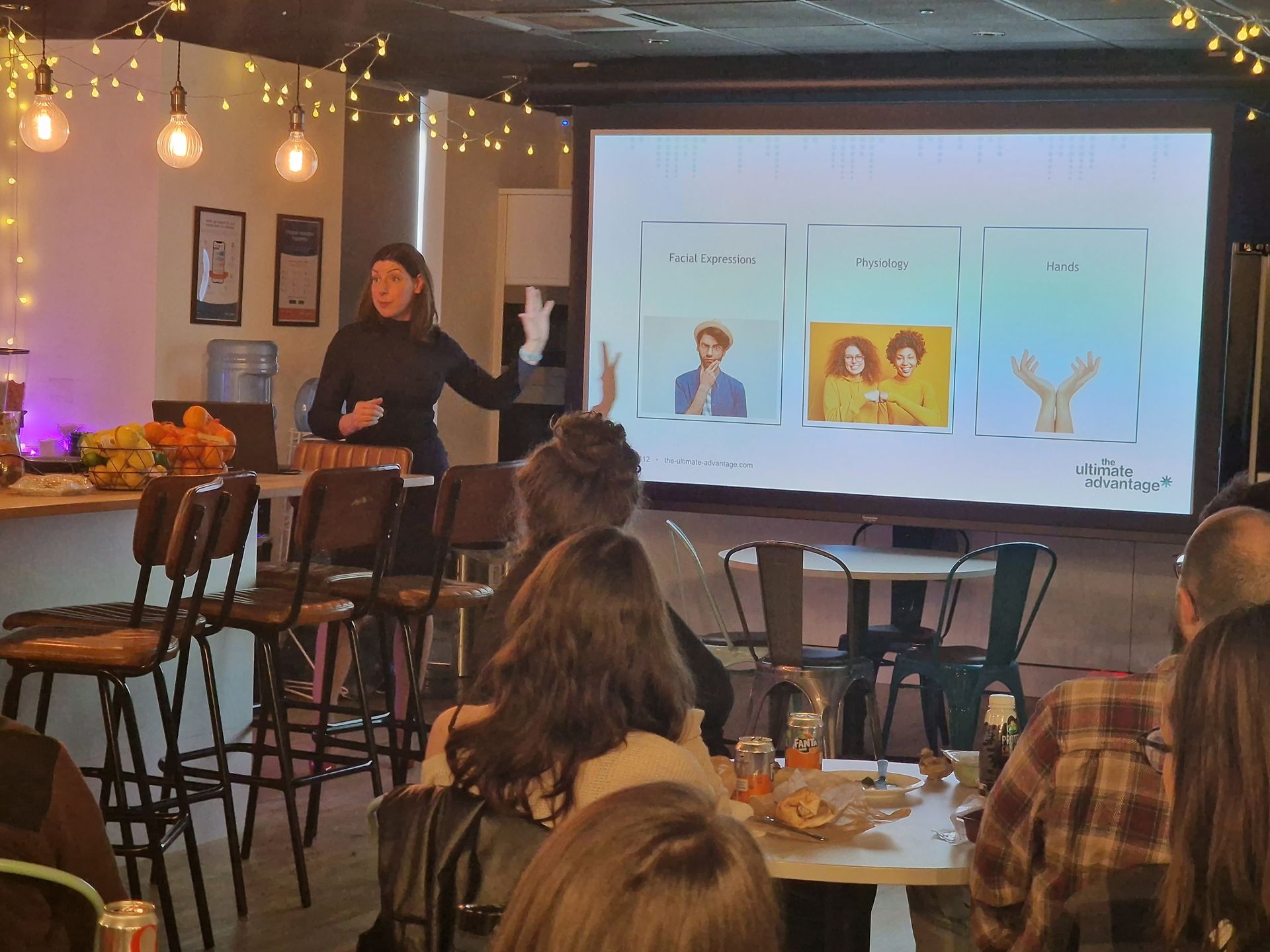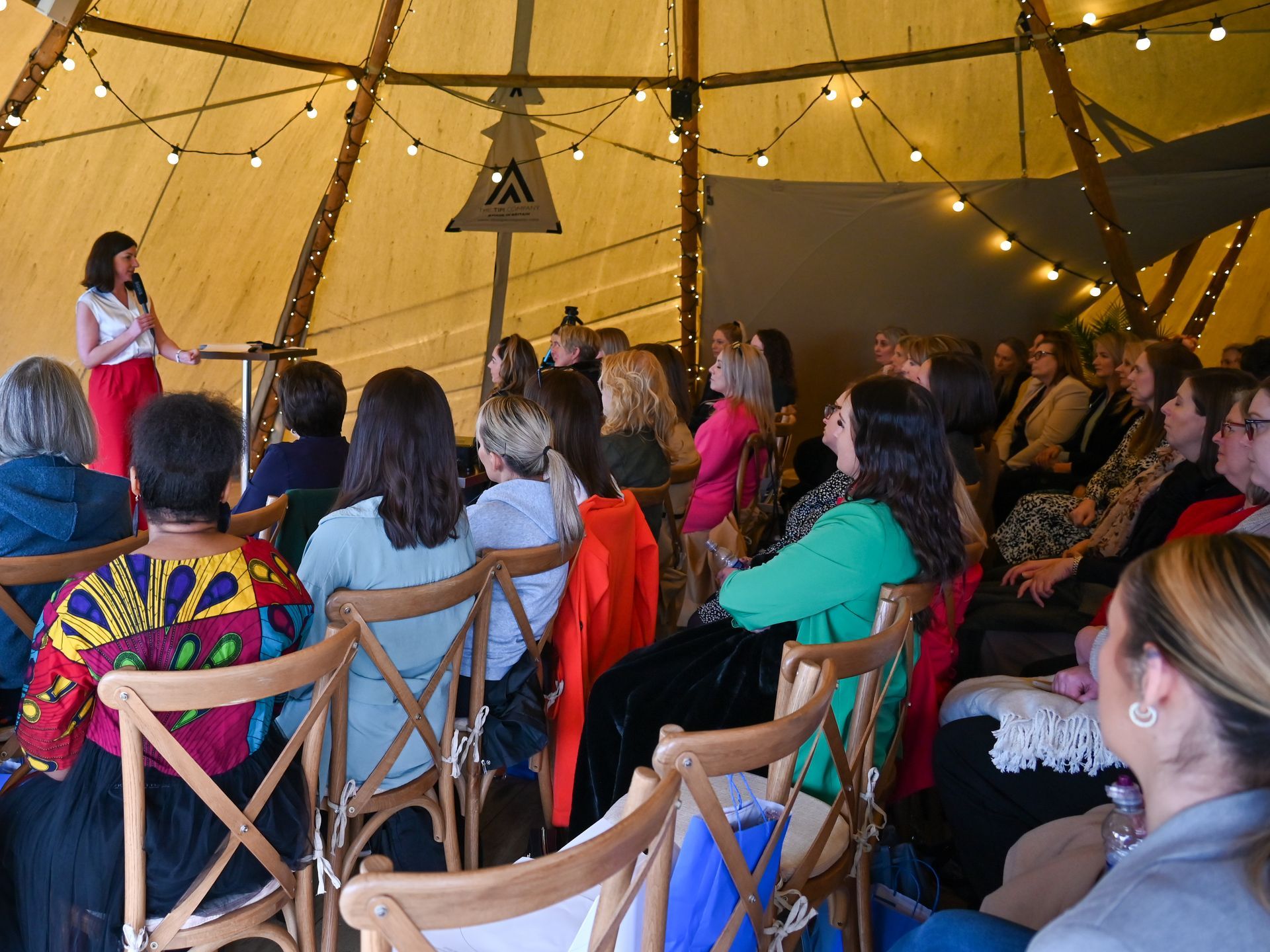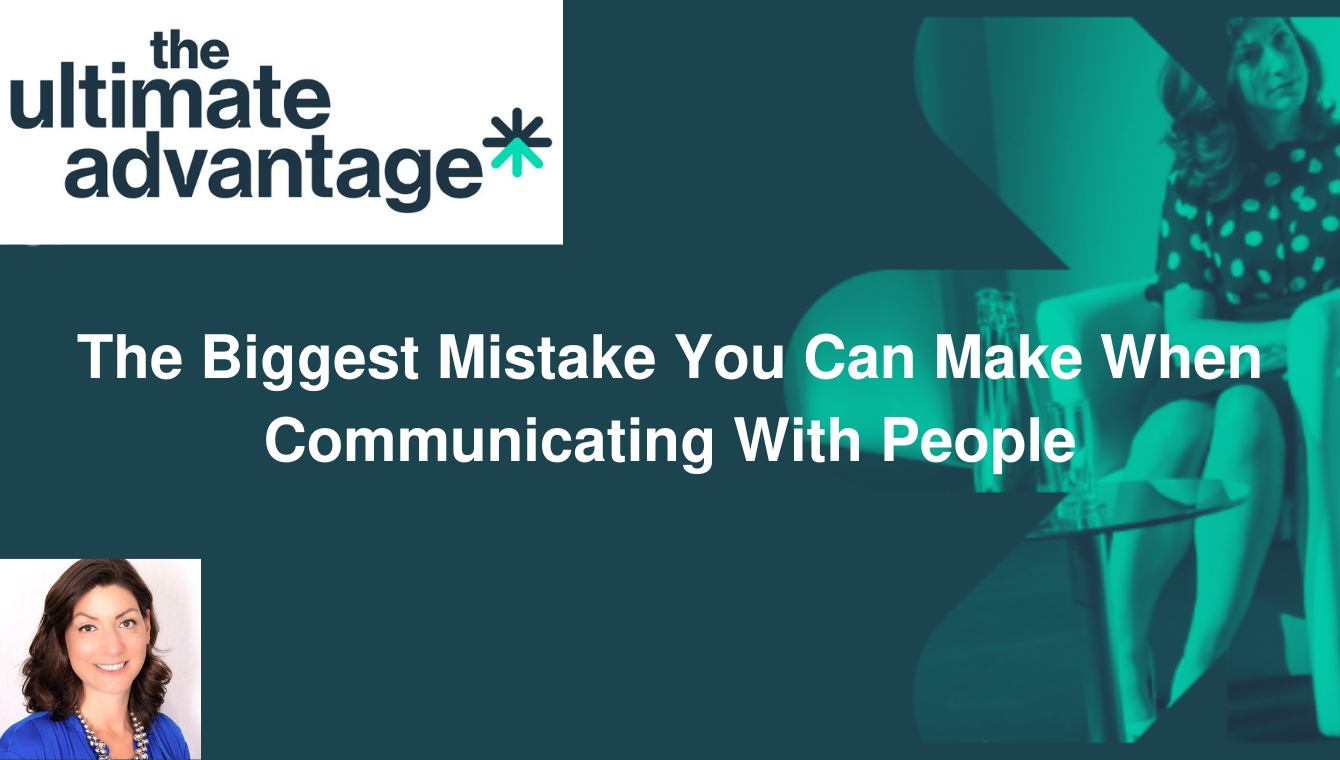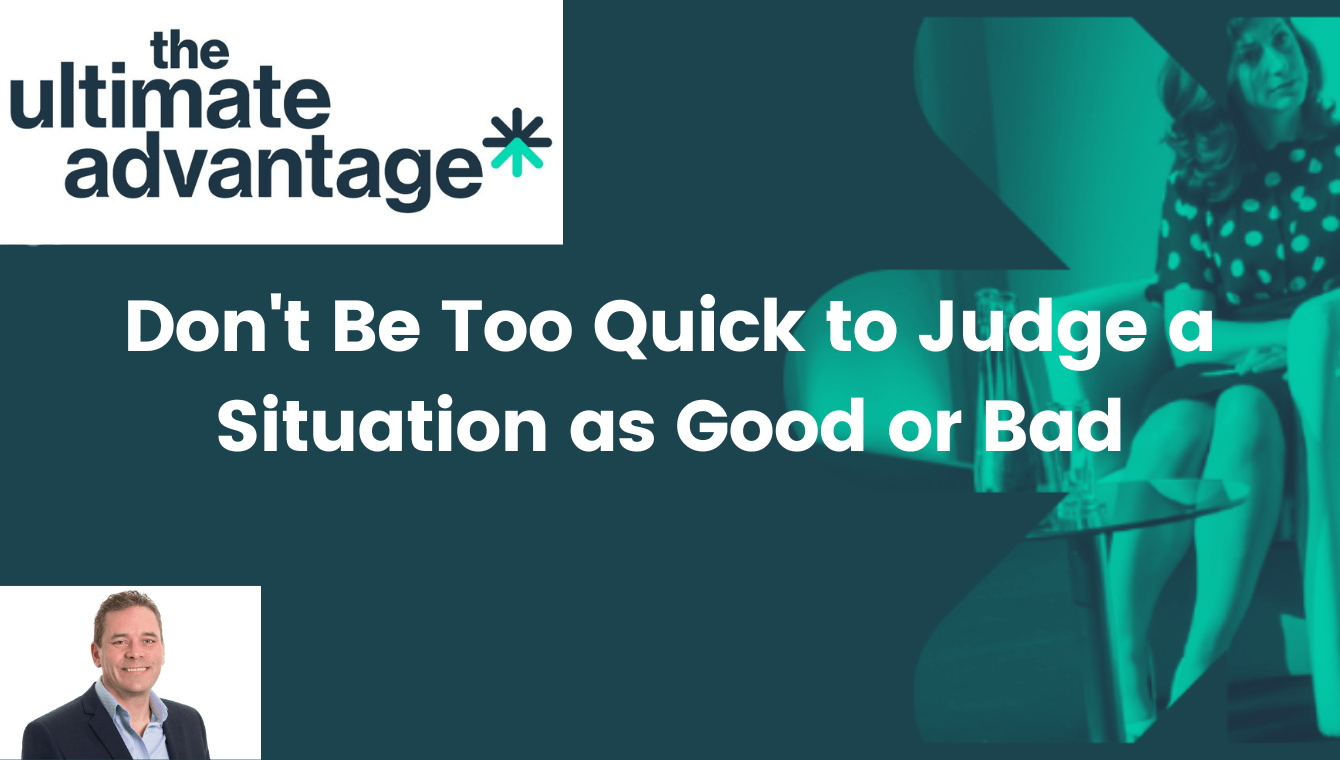Add your custom HTML here
Blogs & Insights
Our Blogs

Storytelling is certainly a powerful art - both in the creation of intentional stories released into the world to entertain, enthuse, or inspire, and in the internal dialogue which has evolved to keep each of us safe. But it also holds significant weight as an effective corporate communication tool… We recently shared our insights about the importance of determining your truth in amongst the truth when it comes to the tales we tell ourselves as a response to the world around us. But once this has been mastered, storytelling can help you to further connect and engage – whether at Board level or communicating with your entire workforce.

From early childhood we’re taught the ancient art of storytelling. We start with ‘once upon a time’ and end with ‘happily ever after’, and we carry on telling ourselves stories as we grow and step into the world around us. But they don’t always serve us well. And that’s in large part because we’re each so unique and we view the world through our own personal stained-glass window sunglasses. Each pane of glass has been shaped and coloured by our own lived experiences, the culture in which we were raised, and the many ‘truths’ we’ve been taught along the way. And these impact how we interpret, respond and react to the stories we’re told, and that we tell ourselves. We read into a person’s intent, decipher what they ‘really’ mean, or work to sense what’s coming next. It’s all perfectly natural and it’s ultimately how our brain has evolved to keep us safe, but it’s rarely the truth and very much more often our truth. Take a lunch with friends as an example. Imagine walking into the restaurant and seeing them all together over the other side of the room, laughing and having a great time. You walk towards them and as soon as they see you, they fall quiet and look a bit awkward. You could make that behaviour mean that they were talking about you, or that they were planning a surprise birthday party for you. Neither may be the whole truth but just think about how you’d act if you believed either of those stories, how your friends would respond, and how the end of that lunch might look and feel… So few of us realise that our inner narrative doesn’t come from a neutral place, instead, just like our stained-glass sunglasses, it’s moulded by our experiences, self-image, and personal filters. And this is ever-applicable in the corporate world too. Two individuals receiving the exact same email, can have wildly different interpretations, and that comes down to their filters and how they read or process it. When we assume the intent behind a message based on our inner storytelling narrative, it absolutely impacts our response to that message. Our reaction may be defensive, potentially leading to a negative exchange that may have been completely unnecessary in reality. So always pause. And bring conscious awareness to anything that a communication (regardless of its form) brings up for you, and then ask yourself if the messaging you took from it was the truth, or was it your truth?

For over two decades, Fliss has worked with businesses worldwide providing PR and communications support – everything from crafting copy and preparing keynote speeches, through to assisting with Boardroom disputes. The Ultimate Advantage was born out of a burning desire to take this one step further…

Despite it being something we all do day-in, day-out, there are an abundance of challenges (and common mistakes made) when it comes to communication. At The Ultimate Advantage, we’re on a mission to enhance corporate comms, debunk some of the myths surrounding the topic, and genuinely educate individuals about the small (but mighty) changes you can make to totally transform how you do business, galvanize a workforce, and empower your employees.
Everything we do is focused on a mutual win. Learn more here

Removing the agent from a sentence is a useful tool in business communication. Doing this omits blame or accusation, particularly in written communication where there is risk of misinterpretation. Tailoring your sentence meticulously and purposefully ensures that your question or statement is understood, but with little criticism or negative connotations associated.

Many studies have been conducted spanning over decades into metaprograms, which are the filters in which we view the world. Here, I explain just three types for you to consider. Being able to identify which category you fit into, as well as those who you are speaking to, will help you to further enhance your communications.

Do you want to learn something else new now?
We explore the Milton Model, and the importance of accessing our unconscious mind. One of the techniques in this model is the use of presupposition, whereby you pose a question, or support a behaviour change, in a statement form. As long as one part of the sentence is true, the remainder can be your assumption.

Many communication techniques are used for rhetoric effect - to persuade, to leave lasting impressions and to motivate. Using a three part list not only is incredibly satisfying for our brains to receive, but it is memorable, eloquent, and dramatic. When perfected, using these in both speech and written forms, can further enhance your style and allow for truly compelling communications to take place.










